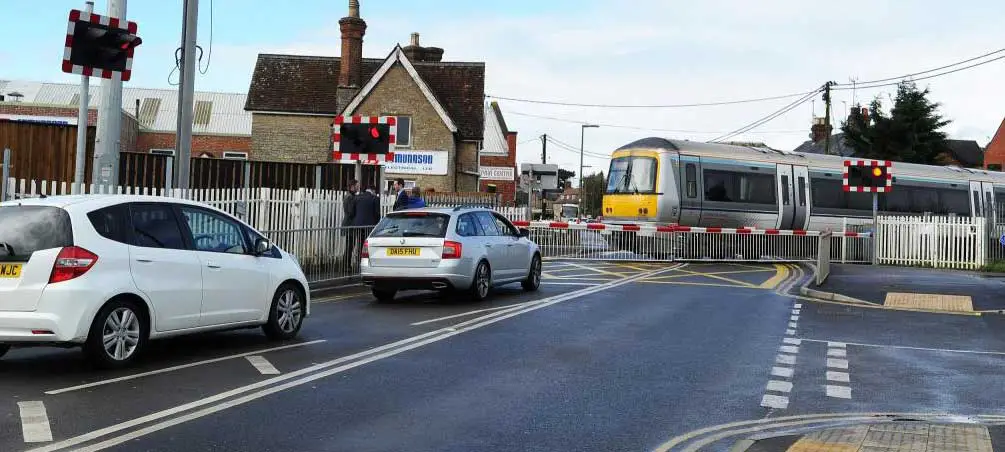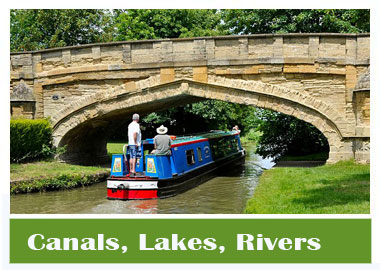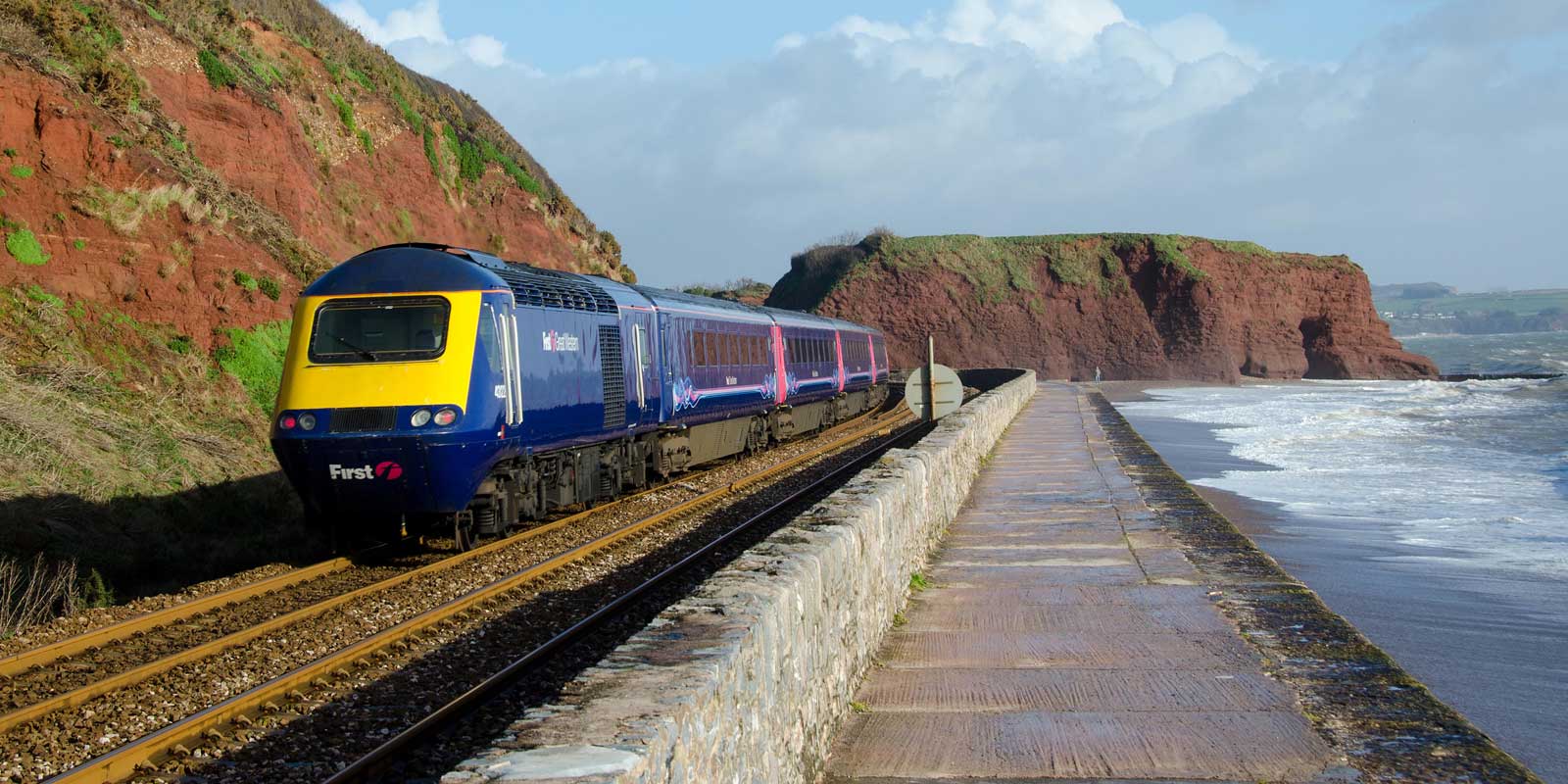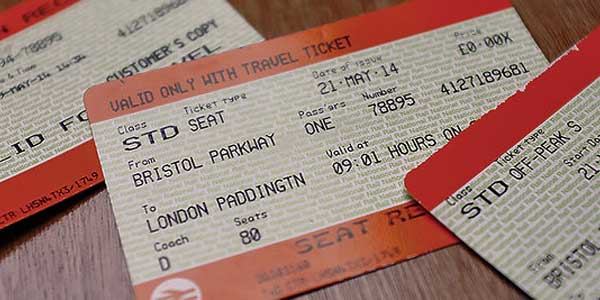Travel, Tips and Trips: Britain

By Rail or By Car?
The average Australian tends to drive everywhere because in Australia that is the most logical and economical way to get around. But when it comes to travelling around Britain, it’s a whole new ball game. The dyamics are quite different there; though places are much closer together, the roads are much narrower and busier than they are in Australia, and rail travel is a very realistic and viable alternative that can’t be ignored. A big plus in favour of travelling by road is that car hire is much cheaper than in Australia. But this is very quickly offset by other costs. There’s the high cost of fuel, the narrow, winding roads that are not easy to navigate and take you all around the countryside rather directly from point A to point B. And then there is having to pay parking fees wherever you go.
In the big cities, there are park and ride stations in the outer suburban areas where you park your car (and pay) then catch a bus into the city centre (and pay again). You can lose an hour out of your day just parking and riding. Then there are the smaller towns and villages; street parking is generally not possible, so you have no alternative but to park in a paid car park. Because of that, they can charge what they like, and generally do. We visited a small town in Cornwall a few years back which cost us $8 for 2 hours parking. In addition, the car park was away from the town itself, so we then had the choice of either a 10 minute walk into the town or a $2 bus fare each way. Visit four places like that in a day and it will cost two people around $50 just to park your car. On top of that is the day’s car hire plus fuel and insurance.
So is travelling by rail a cheaper alternative? It can be, but it all depends … let me explain. Britain’s railways are operated by private companies which in itself has numerous implications. To stay in business they have to make a profit, and as a result rail travel in Britain is not cheap. However, they are not only competing against other forms of transport but also against each other for business, so they create ways and means to get commuters to use their trains exclusively by running loyalty schemes where the more you travel the cheaper each trip becomes. That is fine for local commuters but for the visitor to Britain is no benefit at all. What the visitor needs to know – and often find out too late – is that the cost of train tickets varies greatly depending upon which company you use, what time of the day you travel and how far in advance you purchase your tickets.
After having travelled by car and by train and been ripped off by both simpy because I didn’t know how to work the system, we now use a combination of both when visiting Britain. My rule of thumb is to hire a car for short distance travelling, eg. when I am staying with family, and use trains to longer distances. If using trains, I avoid buying a ticket on the day of travel as they are the most expensive. I buy them as far in advance as possible and purchase them online so I can see which days are the cheapest and what time of the day is the cheapest. On my most recent trip, I planned it so that all my rail travel could be done in a single block of time, and bought rail passes that gave us unlimited travel during that block of time. It worked so well I’ll be doing it again next time. To explore the pros and cons of using a rail pass, and how best to utilise it if you decide that is the way to go, click on the “Ticket Or Rail Pass” button below.

Design by W3layouts









